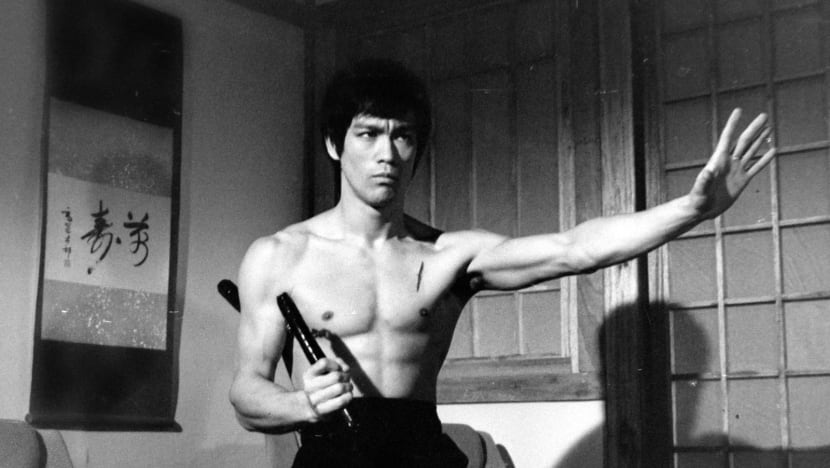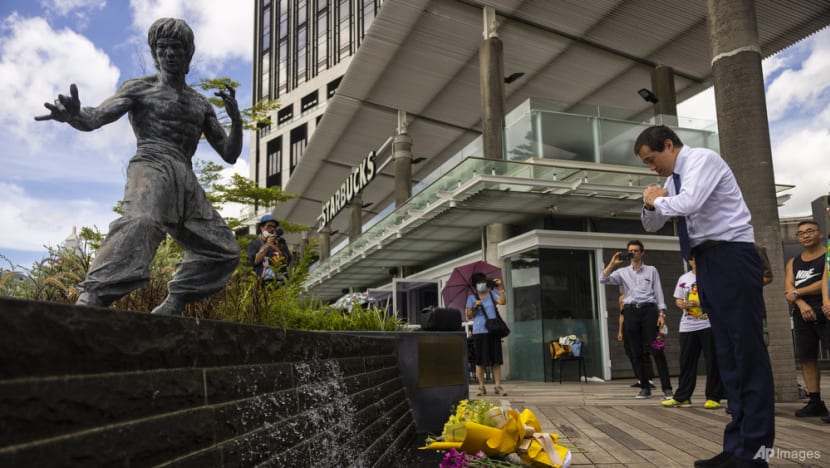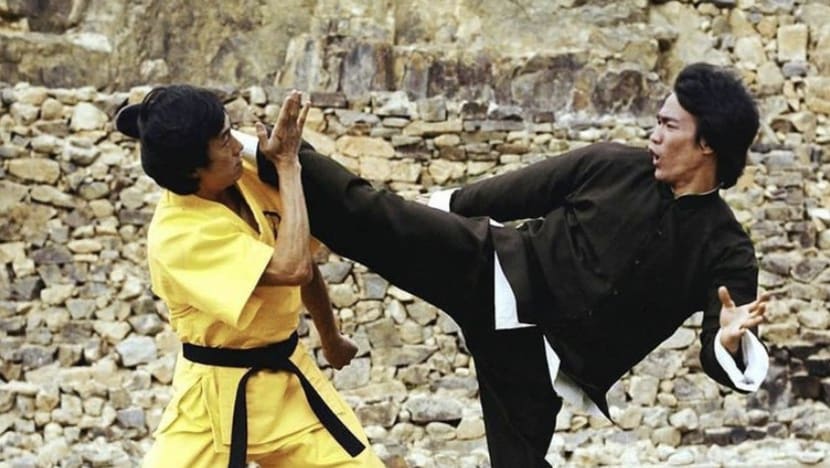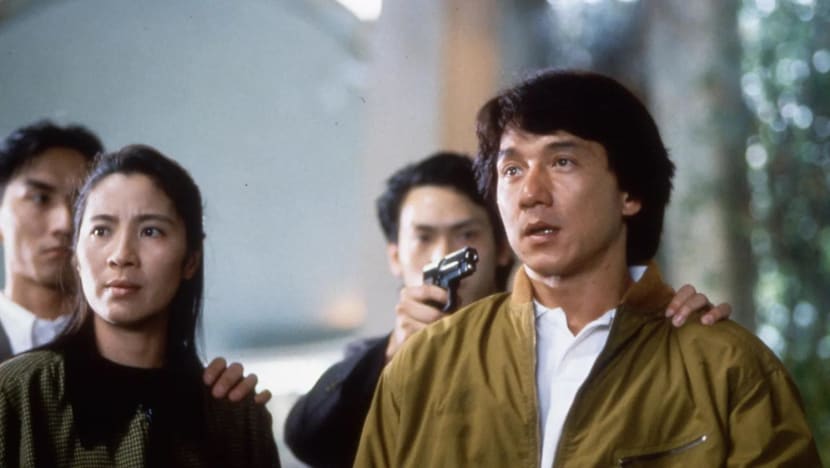Commentary: Bruce Lee’s enduring legacy 50 years after his death
This week marked the 50th death anniversary of martial arts legend and actor Bruce Lee. Hong Kong-based writer Mathew Scott reflects on the Asian icon’s enduring legacy.

Five decades on, Bruce Lee remains one of the most instantly recognisable people on the planet. (Photo: Facebook/Bruce Lee)
HONG KONG: One way to gauge a person’s fame and influence is by looking at T-shirts.
If you were to head to a marketplace in the farthest-flung city on the planet and had a look at the T-shirts people were wearing and selling, you’d know exactly who was shaping the zeitgeist - it'd be printed right there on the front of those T-shirts.
If you’ve tested this at some point in time over the past 50 years, you’d no doubt have found yourself looking straight into the eyes of Bruce Lee - no matter where you’ve been, no matter when it was.
Such is the man’s legacy even now, as the world this week marked the 50th anniversary of Bruce Lee’s death. The martial artist and movie-maker fell victim to cerebral edema on Jul 20, 1973, at the age of 32.
Five decades on, Lee remains one of the most instantly recognisable people on the planet.
PAVING THE WAY FOR ASIAN AND MINORITY TALENT
Lee is arguably the most influential Asian-American star the entertainment world has yet witnessed; the martial arts he practised continue to grow in popularity and reach, and the closed doors (and minds) he was using his influence to rail against are slowly - but surely - creaking their way open for Asian and minority talent everywhere.
Generations of fans have been drawn to Lee’s role as the champion of the underdog. Being the first Asian star to truly go global, he continues to inspire talent from the region to what can be achievable.

Lee was the first Asian star to show that heroes can come in any shape or form - a notion most recently, and wildly, celebrated by the runaway Oscar hit Everything Everywhere All at Once.
The film paid homage to Lee in its fight scenes, like many other action movies that are made to this day. From Hollywood to Bollywood, the fast and flowing and somehow purely natural-looking martial action Lee helped develop has become part of the language of global cinema.
As a martial artist, he was a one-of-a-kind talent, combining freakish physicality with sage-like words of wisdom that struck a chord in the US in the freshly free-thinking 1960s. He was an ardent advocate for one to use exercise as a way to strengthen both the body and the mind, which drew the attention of regular folk everywhere as well as the stars.
Once Lee found himself on the fringes of Hollywood, he started to show studios how exciting martial arts could be, when blended into movies of any genre. Sports stars, too, soon picked up on how martial arts could help change the way you think, as much as how you move.
A TRUE CHAMPION OF THE UNDERDOG
Lee’s rise was the very stuff of a Hollywood blockbuster - and that has also always been part of the attraction, and a source of inspiration people have taken from the Lee story.
From childhood star to youthful miscreant, fleeting fame abroad and finally on to superstardom once he made his triumphant return to Hong Kong, Lee took his blows - and he kept bouncing back.

But Lee was also ostracised in Hollywood, and consigned to roles that were beneath his talents, so he returned to Hong Kong in the early 1970s.
The idea was to fight back - with the help of the forward-thinking late Raymond Chow, founder of the then-emerging Golden Harvest studio, who saw the movie star in Lee, and the genius.
From the lowly labourer who protects his family from gangs in his breakthrough hit Big Boss (1971) to the posthumously-released Enter the Dragon (1973) where he played a martial artist who defeats all manner of evil, Lee fought against existing prejudices that saw Asian talent marginalised.
He proved that Asian talent could take the lead in movies, and that there was a vast audience out there ready to revel in that fact.
LEE’S ENDURING LEGACY
There have been generations of stars who have since followed Lee’s lead in the film world, from Jackie Chan to Donnie Yen to Michelle Yeoh, all helping to breach those doors that Lee was so determined to kick down.

Many years after Lee’s death, over lunch with Chow, who was then in his late 80s, the studio head recalled clearly how when Lee entered a room, it was like some strange physical force had just arrived - and all eyes would turn towards him.
It was like he had a mission in life, Chow exclaimed, and so the idea then was to give Lee the freedom - and the money - to turn martial arts movies mainstream, and to carry Asian stars along with them.
That, above all, was what Lee hoped his legacy would be, Chow said to me.
Lee may have left us 50 years ago, but we are still celebrating his legacy to this day.
Mathew Scott is a Hong Kong-based writer who covers Asian sport and cinema.

















